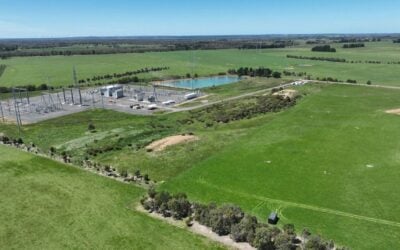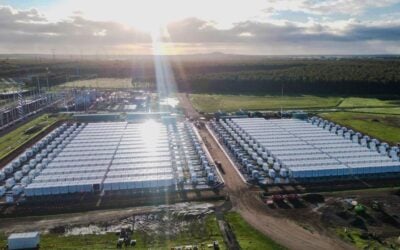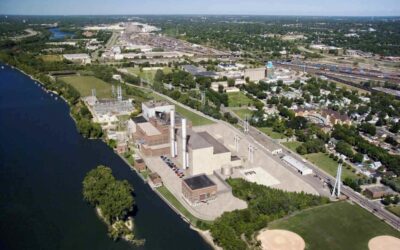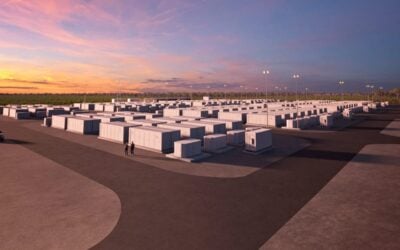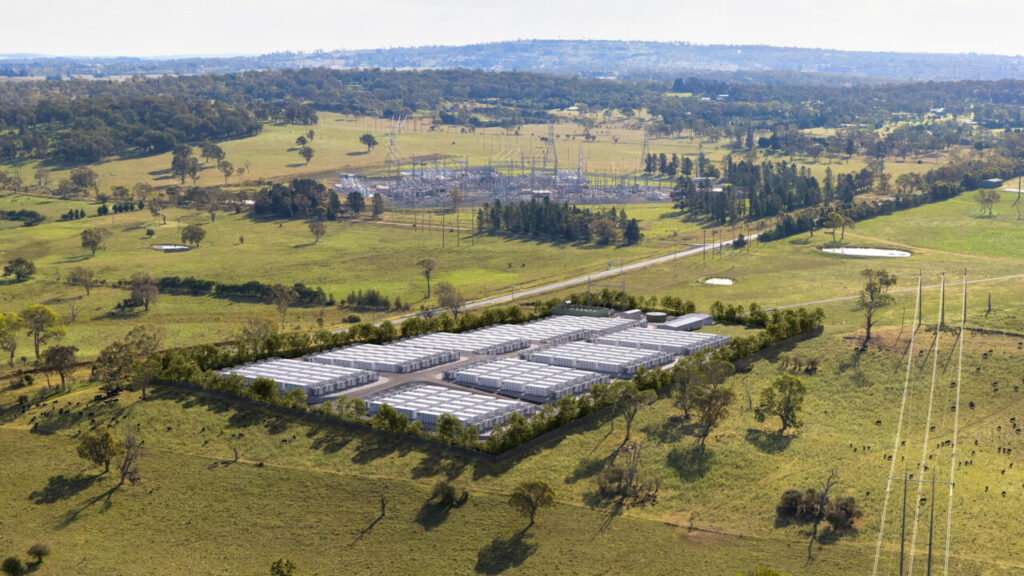
Developer Eku Energy has submitted its 400MW/1,600MWh Monduran battery energy storage system (BESS) project for environmental assessment under Australia’s Environment Protection and Biodiversity Conservation (EPBC) Act.
The utility-scale energy storage facility would be located near Bundaberg in northern Queensland, which is known as being the southern gateway to the Great Barrier Reef. The facility would be constructed on a 50-hectare site approximately 15km southwest of Bundaberg, adjacent to the existing Monduran Substation.
The project submission, lodged with the Department of Climate Change, Energy, the Environment and Water (DCCEEW), seeks approval for a battery storage system with a maximum capacity of 400MW and 1,600MWh of storage duration (4-hours).
The EPBC Act assessment process typically involves public consultation periods, environmental impact evaluation and conditions development for project approval. The DCCEEW will assess the Monduran project’s potential environmental impacts and determine whether federal approval is required under national environmental legislation.
Enjoy 12 months of exclusive analysis
- Regular insight and analysis of the industry’s biggest developments
- In-depth interviews with the industry’s leading figures
- Annual digital subscription to the PV Tech Power journal
- Discounts on Solar Media’s portfolio of events, in-person and virtual
According to the EPBC referral documentation, the project site is located within the Bundaberg Regional Council area and would connect directly to the National Electricity Market (NEM) via existing transmission infrastructure.
The Monduran BESS would feature lithium-ion battery technology housed in containerised units, with associated infrastructure including inverters, transformers, control systems and grid connection facilities.
Construction activities would involve site preparation, installation of battery containers and electrical equipment, and commissioning of the energy storage system over an estimated 18-month period.
Eku Energy’s submission identifies several matters of national environmental significance requiring assessment, including potential impacts on threatened species and ecological communities.
For instance, the project area contains habitat for Koalas, listed as endangered under the EPBC Act, along with other protected fauna species. The company has committed to implementing mitigation measures including pre-clearance surveys, fauna relocation protocols, and habitat offset requirements.
London-headquartered BESS developer Eku Energy has established a significant presence in Australia’s energy storage sector, with multiple battery storage projects across the country. A few weeks ago the company submitted its 300MW/1,200MWh Byellee BESS battery storage project for EPBC Act approval.
Eku Energy has conducted community consultation activities for the Monduran project, including information sessions with local residents and stakeholders. The company emphasised the project’s potential economic benefits, including job creation during construction and ongoing operational employment, while addressing community concerns about environmental impacts and land use compatibility.
The project would contribute to Queensland’s renewable energy transition by providing grid-scale energy storage capacity to support solar and wind generation across the state.
The Monduran BESS joins a growing pipeline of energy storage projects seeking environmental approval across Australia. Recent approvals include Elgin Energy’s 150MW grid-forming solar-plus-storage site in Victoria.
Energy storage in Queensland’s Energy Roadmap 2025
The Monduran project aligns with Queensland’s ambitious energy storage targets outlined in the state’s Energy Roadmap 2025.
Queensland’s energy planning framework anticipates up to 4.3GW of short-duration energy storage could be operational by 2030, with at least 3.1GW expected from battery systems representing a 2.4GW increase from 2025 levels.
The roadmap prioritises investment in short- and medium-duration storage technologies while revising previous pumped hydro development plans.
The state government has shifted its approach to large-scale pumped hydro projects, transferring oversight of Queensland Hydro and the 2GW/48GWh Borumba pumped hydro project to Queensland Investment Corporation following cost overruns.
Instead, the roadmap supports development of smaller, more manageable pumped hydro projects including Mt Rawdon, Big T, and Capricornia, while emphasising private sector opportunities in battery storage systems.


